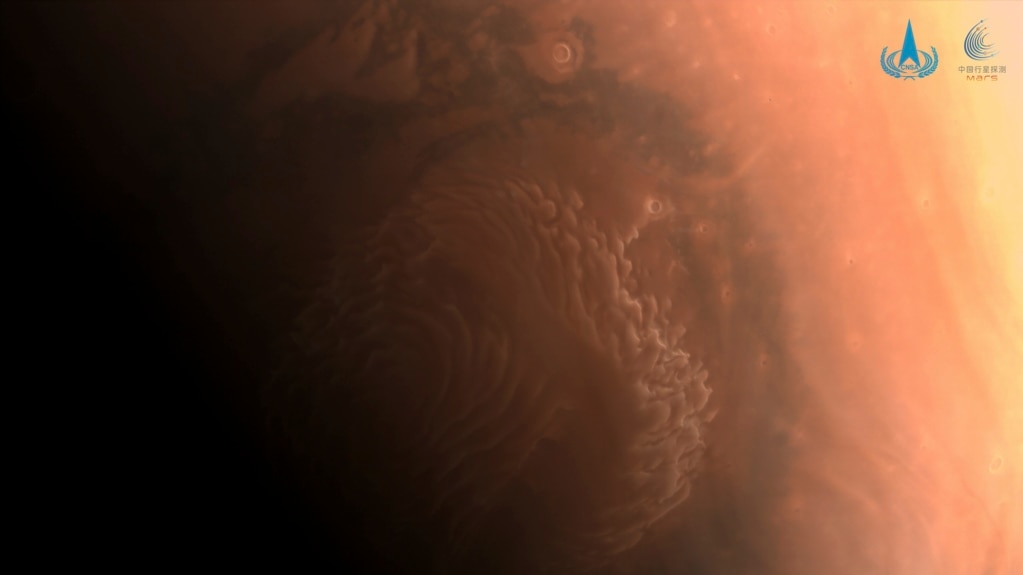Scientists have identified a kind of desert moss that could help support possible colonies on Mars, a study by the Chinese Academy of Sciences showed recently.
The moss - Syntrichia Caninervis - was able to survive Mars-like conditions of extreme dryness, very low temperatures and radiation, the research shows. The study appeared recently in the publication The Innovation.
The moss could serve as the "basis for the establishment and maintenance of the ecosystem by contributing to oxygen production, carbon sequestration, and soil fertility,” the study said.
The paper added, "(It) can help drive the atmospheric, geological, and ecological processes required for other higher plants and animals” while helping to create new environments that could support long-term human settlement.
The study shows that the moss could return quickly to health even after losing more than 98 percent of its cellular water. The plant was able to recover its normal operation seconds after getting water.
The plant can also survive very low temperatures. It can recover or regenerate after being stored in a freezer at -80 degrees Celsius for five years. It can survive a month in liquid nitrogen, the researchers found.
Researchers collected the study plants from a desert in the Xinjiang Uygur Autonomous Region of China. The moss also grows in Tibet, the American state of California, the Middle East and polar areas.
China and the United States have announced a number of space exploration plans in recent years.
Chinese missions include launching a near-Earth asteroid probe Tianwen-2 next year, and Tianwen-3 around 2030 to collect material from Mars and bring it to Earth for study. Last month, a Chinese mission collected materials from the far side of the moon.
The American space agency NASA has developed a 20-year plan for Mars exploration. It is investigating whether the red planet could support human population.
I’m John Russell.

